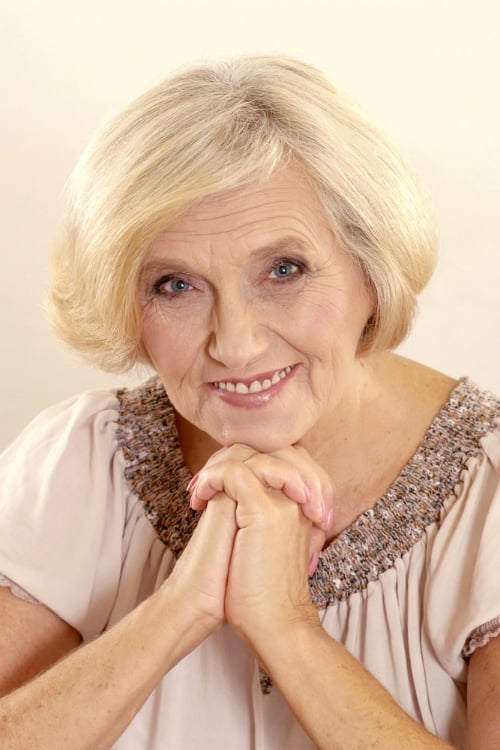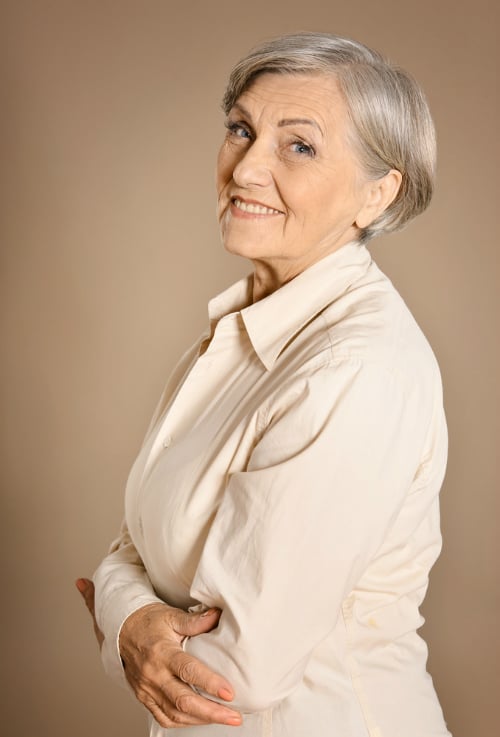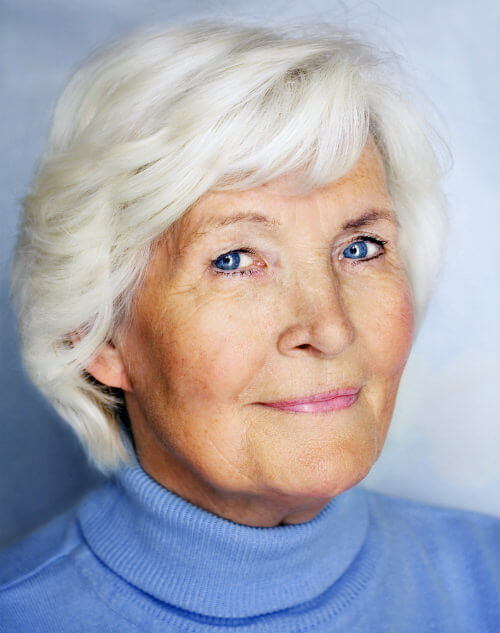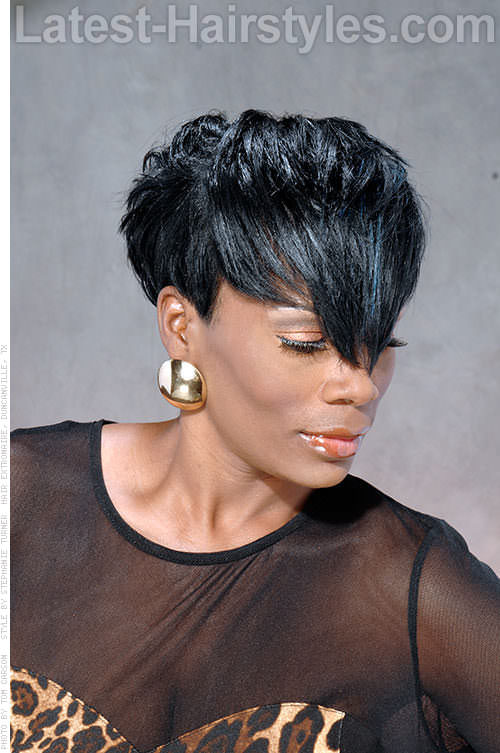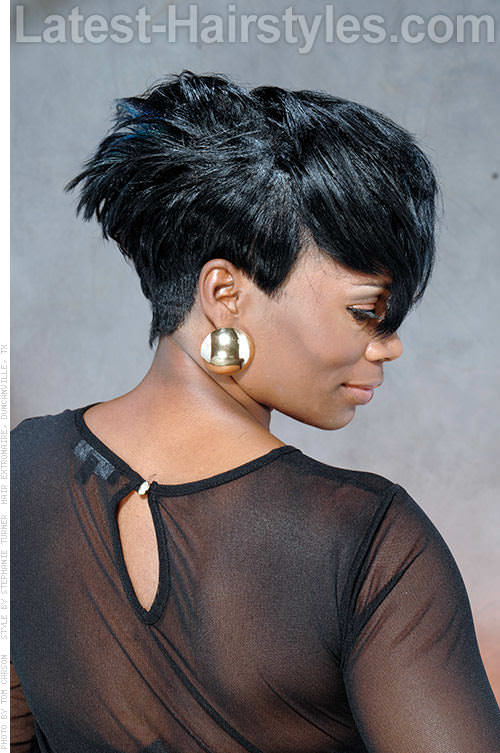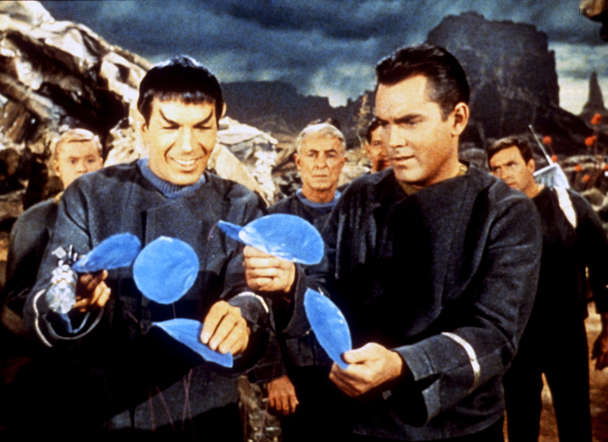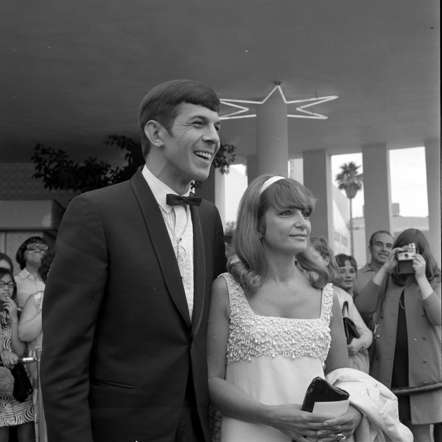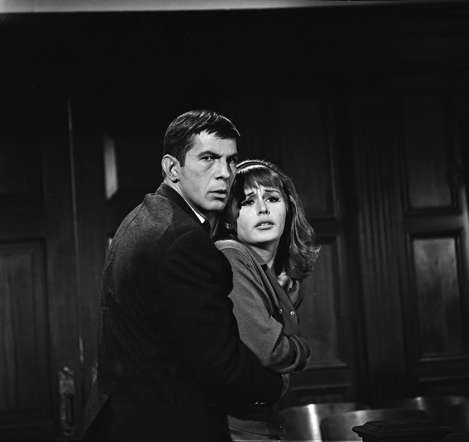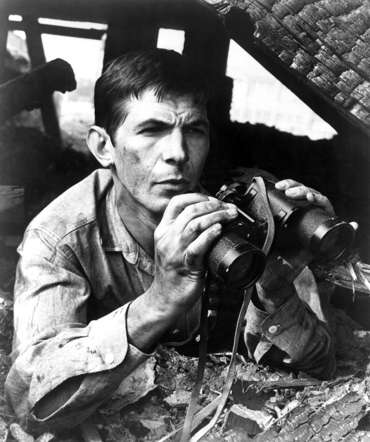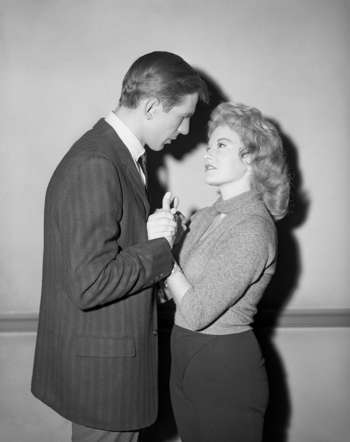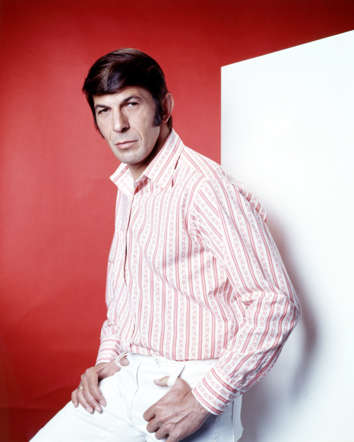The Duke of Cambridge was transformed into a samurai warlord when he visited the set of a long-running Japanese drama.
Wearing a glittering helmet, regal red and gold tunic and carrying a replica samurai sword William looked every inch a formidable ruler.
He was transformed into Toyotomi Hideyoshi, the Japanese warlord who unified his country in the 16th century, during a tour of the Tokyo studios where the Sunday night historical drama Taiga is filmed.
Now in its 54th series, it features famous characters from Japanese history but changes the period for the action every year with the current series called Hana Moyu or Ardent Flower.
When William first arrived at the studios of Japan's public broadcaster NHK (Nippon Hoso Kyokai) which makes the show, he was greeted by a long line of actors dressed as soldiers.
He asked one of the senior staff: "Is it a show like EastEnders?" before being taken on to the set that depicted a chaya or tea house, used by samurai as a members' club, complete with geisha.
As staff put the helmet on his head, the Duke joked: "I feel there should be a sword in my hand as well." And when he was told actors wore the costume and heavy armour for many hours he replied: "Not particularly easy to go for a coffee break."
When they were finished he looked into a mirror and asked his entourage: "How do I look?" before adding: "I feel ready for action."
Before dressing up he watched three geisha actresses dance, while another Maki Shiran, 23, played a three-stringed guitar-like instrument called a shamisen.
At the end of the performance he tried strumming it himself and said "it's a wonderful noise", as he plucked the silk strings with a large plectrum, which he was told was made of ivory.
The Duke, who will be travelling to China, where he will speak out against the ivory trade, said with a wry smile: "Oh, is it?"
Mao Inoue, the female star of Hana Moyu, who plays a character called Humi Sugi, presented the Duke with a bouquet of flowers and a hand-made wooden toy for Prince George.
In the hair and make-up department William dissolved into a fit of giggles when Tim Hitchens, Britain's ambassador to Japan, put on a samurai wig.
The former Queen's deputy private secretary was game for a laugh and sat in a chair as Kahame Mimura, head of hair dressing and wigs, covered his scalp with a piece of cloth before fitting the hairpiece.
The Duke had considered wearing the wig, made with real hair and slicked back into a tiny ponytail, but said: "If I put this on my brother would never let me forget it - I seriously can't."
After the transformation of the senior diplomat William could not resist poking fun and told him through laughter: "This is going straight on to the Foreign Office website - brilliant."
The ambassador stood up and flexed out his arms as if he were a sumo wrestler and the Duke quipped: "A bit more weight and you would be sorted, get the sumo wrestling going - impressive, a good look."
Later the mood was more serious in NHK's newsroom, where the Duke watched a three-minute film showing how the station covered the devastating 2011 earthquake and tsunami which triggered the meltdown at the Fukushima Daiichi nuclear plant.
He was visibly moved as he watched footage of homes, roads and cars being swept inland and fields being swallowed up by the 10-metre high tidal wave.
The harrowing images were filmed by one of NHK's 15 helicopters, which took off immediately after the earthquake and was guided by staff in the newsroom.
The broadcaster was set up in the wake of the Great Kanto Earthquake in 1923, when it was realised accurate and prompt information protects lives.
William was also shown how NHK is alerted whenever the country experiences anything over a magnitude three tremor.
Newsreaders interrupt all of the station's TV and radio programmes to give an emergency tsunami warning after a quake of magnitude five or more.
The warning, which is broadcast in several different languages, says: "This is a tsunami warning, please move to high ground."
William listened intently as the station's president Katsutomo Momii explained the system to him.
He was then shown how NHK staff practise the warning drill every night and he got the chance play anchorman as he took a seat in the news studio.
He said: "I feel like I should be doing interviews and asking the questions."
Inspecting the bank of controls used to launch the early warning system, he asked: "What happens if I press the red tsunami button now?"
Thankfully the Duke was told it was just a simulation and the warning would not be going live.
Looking at the autocue used by presenters to warn viewers, he joked: "This is how the BBC do it then, it's cheating."
As he left the building, William met NHK's mascot Domo-Kun and he laughed as it bowed to him and offered his hand to shake.
The Duke told Domo: "George my son would love you. Are you hot in there? How long have they had you in there?"
Accepting a smaller, soft toy version to take home for Prince George, he added: "Thank you very much, I love it."
Hundreds of cheering and screaming Japanese fans greeted William when he toured a Tokyo bookshop, where he played with a group of children who miraculously restored him to a full head of hair.
The Duke was visiting Tsutaya bookshop in the Daikanyama district of central Tokyo, a lively area of shops and restaurants which was busy with Saturday morning shoppers.
He was greeted by the designer of the building, the British architect Mark Dytham, who has lived and worked in Tokyo for 27 years.
William was cheered by shoppers as he toured an exhibition of British products, including a Dyson robot vacuum cleaner, and a computer controlled prosthetic leg, part of the Innovation is Great campaign - the year-long initiative to generate business, educational and research and development partnerships between the UK and Japan.
The president of the Tsutaya chain, Muneaki Masuda, gave him a present for Prince George - kendama, a traditional Japanese children's game which involves trying to catch a ball on the end of a pointed handle, a skill passed from one generation of Japanese urchins to the next.
Mr Masuda also gave him a Tsutaya store card. "I hope it has a lot of credit on it," said the Duke.
He sat and chatted with a group of Japanese school children, who had coloured in pictures of the prince in colourful samurai garb. William then scanned one of them into a smart phone using an app called Blipper, and the image popped up on a large wall screen, animated in three dimensions - a luridly clad, frowning cartoon Duke, swaggering in front of a Japanese gate.
He joked: "Who's that good-looking guy?" adding "Looking good! That's a strong look."
The third time a drawing was scanned, the image on the screen shifted to a view from above, and zoomed in on the cartoon William's scalp which in real life is thinning but, to his evident pleasure, it was thatched with luxuriant fair hair.
He then went outside where a white Aston Martin Rapide had been customised for the Innovation is Great campaign with Union flags on the bonnet badge and upholstery.
An excited cheer went up from the crowd of several hundred Japanese who were held back by a red rope.
The Duke climbed into the car alongside the Aston Martin chief executive, Andy Palmer, and he revved the engine loudly.
Asked by the Press Association's veteran royal photographer John Stillwell to lean out of the window in the style of James Bond, he said, "James Bond style? Yes, I'm well known by that pseudonym."
William went on a short walkabout but his attempts to shake hands with the crowds were met with squeals of delight and quickly foiled by the team of six Japanese protection officers.
William had more luck at the back of the shop, where he shook hands with Japanese and foreign well wishers.
One woman, 66-year old Fumiko Arao, brandished an oil painting of William, Catherine and George, which she held up as he stopped to talk. She said: "I got a very warm impression of him. He seemed so nice and I was very happy. It was too bad that the woman next to me sneezed over him, though."
Ms Arao had gone specially for the occasion from the town of Matsue in western Japan. She spent two weeks creating her painting, which she based on images of the prince's family from a documentary she had seen about the Queen's 60th birthday.
She explained: "My father fought against the British army in Burma during the war. He was captured, and was afraid, but he told me that the British were very fair.
"He became friends with one of the British soldiers. I grew up hearing these stories from my father, and so I always had a very warm sentiment towards British people. So I wanted to come here and see the prince."















